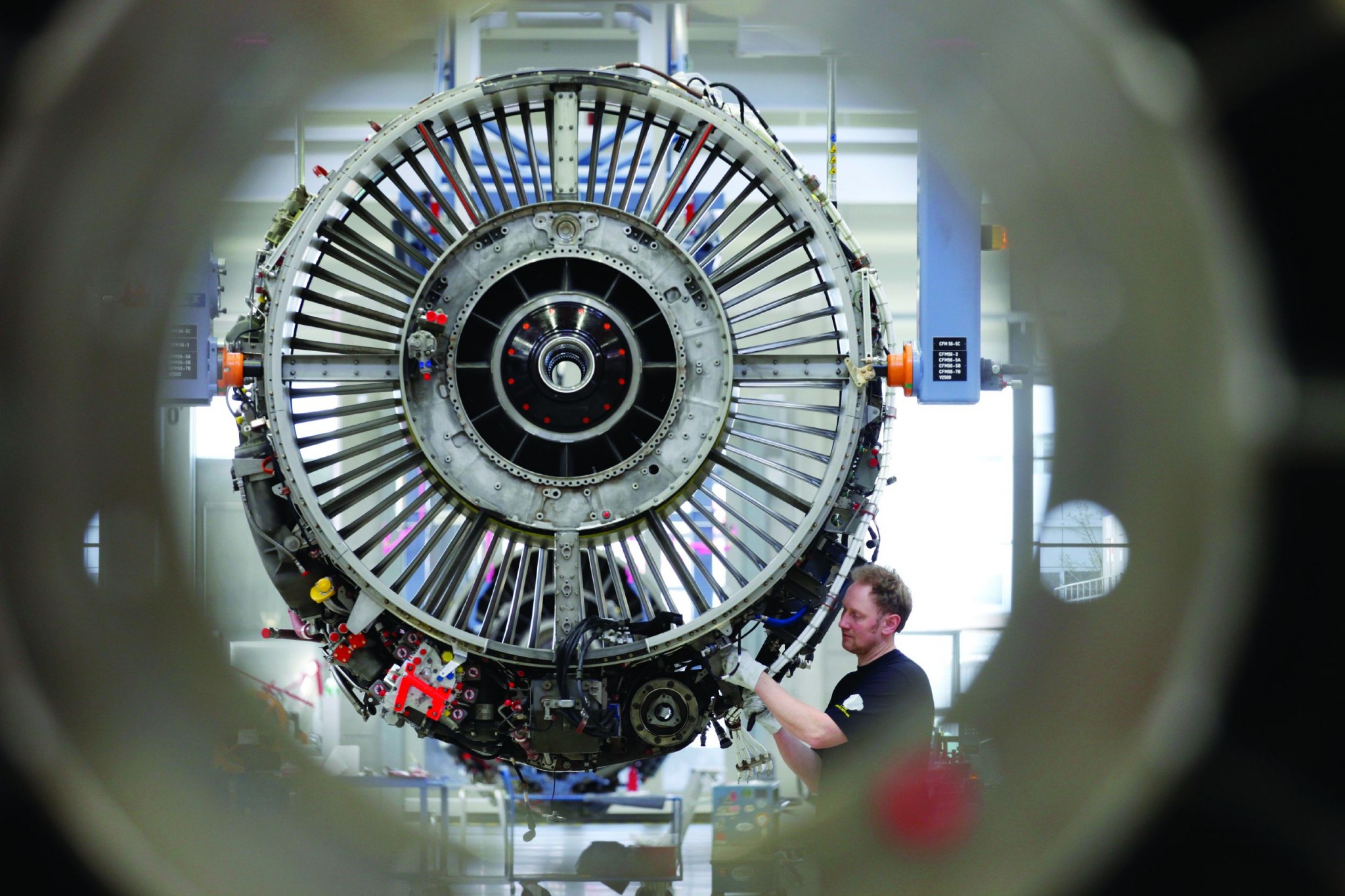The International Air Transport Association (IATA) has entered into an agreement with CFM International (CFM) that they say will lead to increased competition in the market for maintenance, repair and overhaul services (MRO) on engines manufactured by CFM.
"Airlines spend a tremendous amount of money on the maintenance and repair of aircraft and engines to ensure we are always operating to the highest levels of safety and reliability," said Alexandre de Juniac, IATA’s Director General and CEO. “This milestone agreement with CFM will lead to increased competition among the providers of parts and services related to the servicing of CFM engines. We expect increased competition will reduce airline operating costs and help to keep flying affordable. And we hope that this agreement will be an example for other manufacturers to follow.”
Under the agreement, CFM has adopted a set of "conduct policies" that will enhance the opportunities available to third-party providers of engine parts and MRO services on the CFM56 and the new LEAP series engines.
Among the many elements of the agreement, CFM has agreed to:
• License its Engine Shop Manual to an MRO facility even if it uses non-CFM parts
• Permit the use of non-CFM parts or repairs by any licensee of the CFM Engine Shop Manual
• Honour warranty coverage of the CFM components and repairs on a CFM engine even when the engine contains non-CFM parts or repairs
• Grant airlines and third-party overhaul facilities the right to use the CFM Engine Shop Manual for without a fee
• Sell CFM parts and perform all parts repairs even when non-CFM parts or repairs are present in the engine
The agreement includes specific provisions ensuring the implementation of CFM’s commitments with regard to CFM56 series engines which power some 13,400 single-aisle aircraft flying today. CFM has, however, committed to apply the agreement to all commercial engines produced by the company, including engines in its new LEAP Series. GE, moreover, has agreed to apply the conduct policies to other commercial aircraft engines that it produces in its own right.
Beneficiaries of the agreement include IATA, CFM’s airline customers, aircraft lessors, third-party MRO facilities and parts manufacturers.
Based on the agreement, IATA has withdrawn a formal complaint it filed with the Competition Directorate of the European Commission in March 2016.
There can be no doubt that the market pushback from engine and aircraft lessors and airlines has helped to push CFM back to a partial business-as-usual stance. Although undoubtedly CFM would have looked at the problems it has had and is having getting the LEAP going and the cost of the same and concluded that it cannot control the aftermarket to such a degree because it does not have the bandwidth and cash reserves to do so.
But as the market celebrates this fantastic news out of CFM, we must all be sure not to lose sight of the happenings within the manufacturing sector as Boeing, Airbus and others attempt to tighten their grip over their supply chain(s), which will in the end cause ever-mounting problems for those in the mid-to-late life aircraft market trying to reconfigure, upgrade and source new parts. With manufacturer order books showing no sign of depleting, OEMs will be preoccupied with new order fulfilment for at least a decade and that in turn means the pressure on reconfiguration requirements/order delays is still growing and will continue to do so for some time. The only respite this year has come from the demand for lease extensions as engine problems delay new aircraft deliveries.

